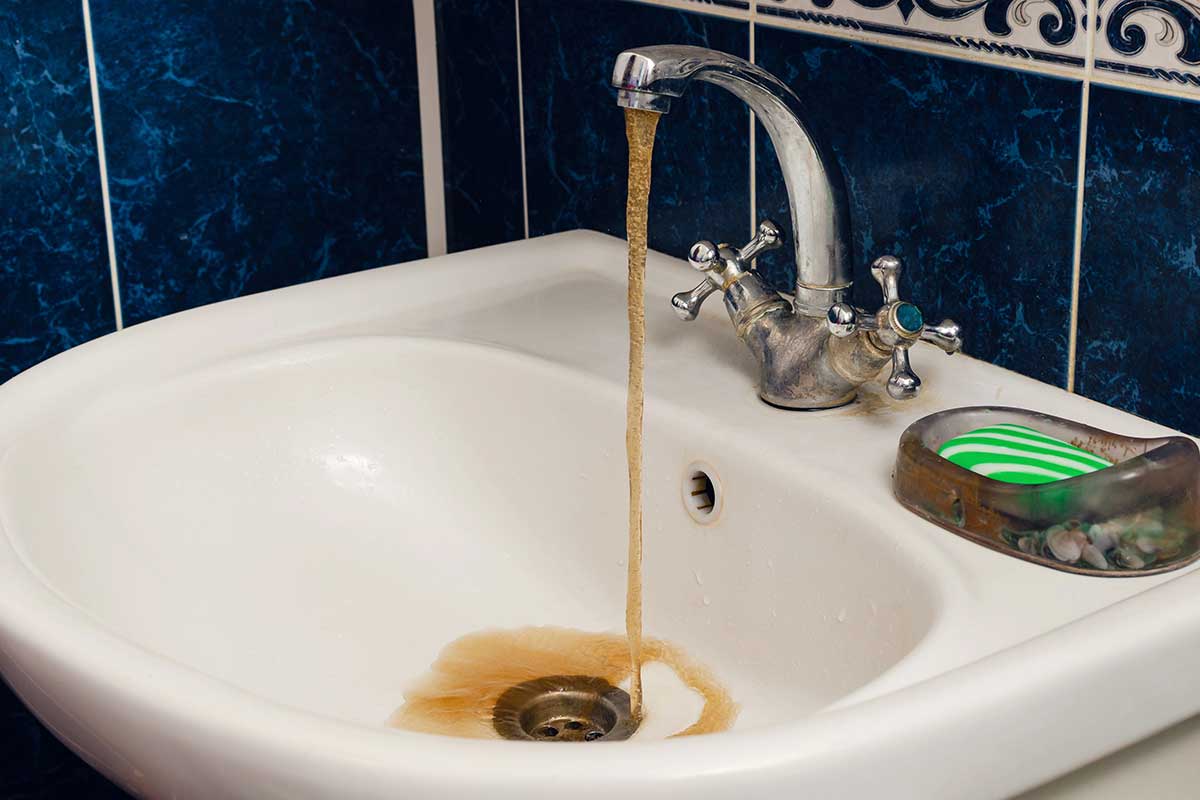Household Recycling Challenges – how it really matters this National Recycling Week
Household Recycling Challenges – how it really matters this National Recycling Week
On a crisp November morning in North Essex, Emma and her two young children stood by the kitchen bin. The ‘mixed recycling’ bag was bulging, the black wheelie bin was overflowing, and yet Emma felt uneasy: “Am I doing this right?” she asked her husband. A year earlier they had upgraded their home, added an under-stair storage cupboard for bins and labelled everything clearly – but still the weekly collection brought surprises: items rejected, the bin men leaving extra tags, the council’s website reminding them the wrong item had been included. This story is all too common, especially this week of National Recycling Week as homeowners face the reality of household recycling challenges.

Why household recycling challenges matter
Every home in the UK contributes to the growing waste mountain – yet the recycling system is under strain. In England alone the household waste recycling rate stood at just 44.0% in 2023/24.
According to WRAP, 82% of people admit to placing non-accepted items in their dry recycling bins, and fewer than one in ten feel “very confident” about what can be recycled.
In short: the infrastructure, the habits and the knowledge don’t always line up – and that means domestic consumers often bear the cost, both financially and emotionally.
The human side of the problem
For a domestic homeowner, these challenges can manifest in several ways:
-
Confusion and frustration. You’ve separated your plastics, glass, paper – but the bin men leave a red tag. Was it the wrong plastic? Did you rinse it properly? Do you live in the right council-area with different rules? The uncertainty adds stress.
-
Time and effort. With busy lives, like yours and mine, the extra steps to sort and rinse, remember special collections (bulky items, garden waste, electronic waste) feel like one more thing on the to-do list. The easier option sometimes feels like “bin it and forget it”.
-
Hidden costs. If non-recyclable items get thrown into the wrong bin, local authorities may pass on costs, or more likely recycle staff reject loads leading to more waste going to landfill. That translates into higher council tax, or worse – more services cut.
-
Environmental guilt. Many homeowners care deeply about doing the right thing. When we see stats like “more than a billion recyclable items are incinerated or sent to landfill each year” in the UK, it affects our sense of being responsible citizens.
-
Household logistics. For larger families, older people, those with mobility issues or limited space (such as a mid-terrace in South Suffolk), managing multiple bins and storage is challenging in real life.
Technical and systemic issues behind the scenes
Beyond the obvious human factors are the technical problems driving household recycling challenges:
-
Contamination of streams. Items placed in the wrong bin (for example, a yoghurt pot in the “plastic” when the local authority asks for number-coded plastics) lead to entire loads being rejected. WRAP’s data highlight how contamination remains a major barrier.
-
Limited local capacity or differing rules. Across North Essex and South Suffolk, one council might accept glass in one bag, another requires separate sorting of certain plastics, or garden waste is charged. That inconsistency creates confusion.
-
Collection infrastructure. Recycling rates still hover below 50% in many areas. Nationally the UK recycling rate for households was about 44.1% in 2022, down from 44.6% in 2021.
-
Missed capture and under-utilisation. For example, the recent “Recycle Week” campaign saw a drop in missed capture for key recyclables – but still only reduced from 70% to 64%.
-
Space and bin design limitations. Many homes were not designed with multiple waste-streams in mind. Wheelie bins, under-sink storage, recycling bags – they add clutter and logistic hassle.
How we can help
At Infinity Home Services we understand that for homeowners in North Essex and South Suffolk the challenge of recycling isn’t just an environmental tick-box; it’s a practical part of running a household. Here’s how we support you:
-
Audit and optimise your waste-storage set-up. We can visit and advise on bin placement, shelving, storage bags and signage to make recycling intuitive.
-
Install or upgrade dedicated recycling stations. Whether it’s a tidy under-stair cupboard, a weather-proof outdoor unit for garden waste, or a clear labelling system for plastics/glass, we take care of the practicalities so you don’t have to.
-
Liaise with your local authority and collection rules. We’re familiar with the differing councils in our region and can help you understand what goes where – to reduce rejected loads and avoid cost.
-
Educate your household. We can provide you and your family with easy-to-use guides and reminders so that every member knows what belongs where, reducing confusion, guilt and waste.
Tips for your home this week of National Recycling Week
-
Check your bin labels and local council website – plastic types, glass, mixed recycle… align them.
-
Do a “bin audit” – look at what you throw in the black bin vs what should go out for recycling.
-
Clear some space by the main bins. Install a small shelf or caddy nearby for rinse-items (bottles, jars) so you don’t skip the task.
-
Talk it through with your household: kids, teens, older relatives – everyone needs to know what their job is.
-
Consider an extra outdoor container for garden waste, if you don’t already have one: by 2023/24 the ‘other organics’ stream (garden and mixed food waste) increased by 10.8% to 3.6 million tonnes.
Conclusion
This year’s National Recycling Week is more than a reminder – it’s a moment to tackle the household recycling challenges that many of us face day-to-day. From confusion over what goes where, to inadequate storage space, to inconsistency in local rules, the obstacles are real and practical. But by taking control of your household system and using the right support, you can make your home work for you – rather than against you.
Contact Us
If you’d like help getting your bins, storage and recycling routines streamlined, call us now on 0800 148 8088 or fill in our contact form — are you ready to make recycling simple and stress-free?


















